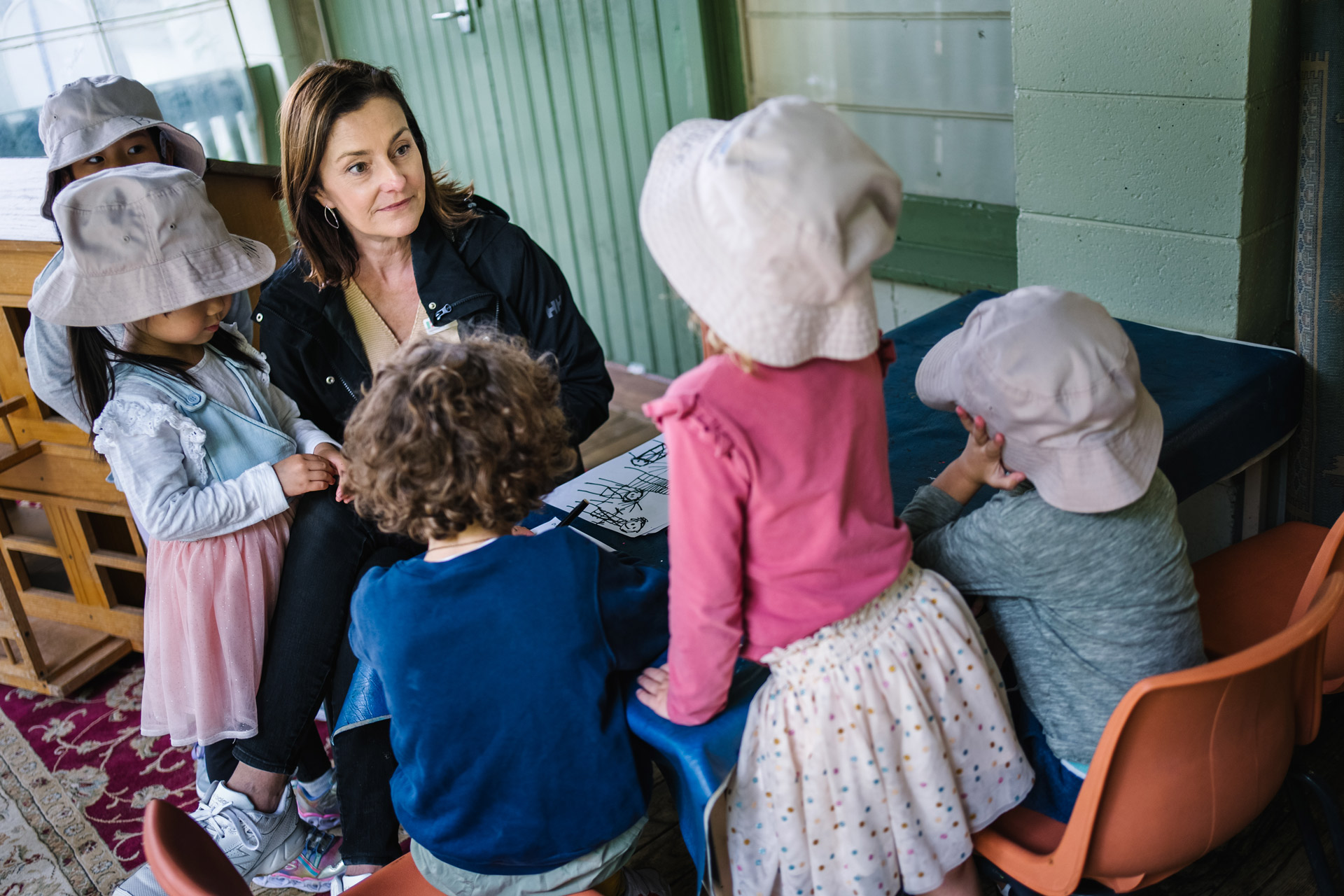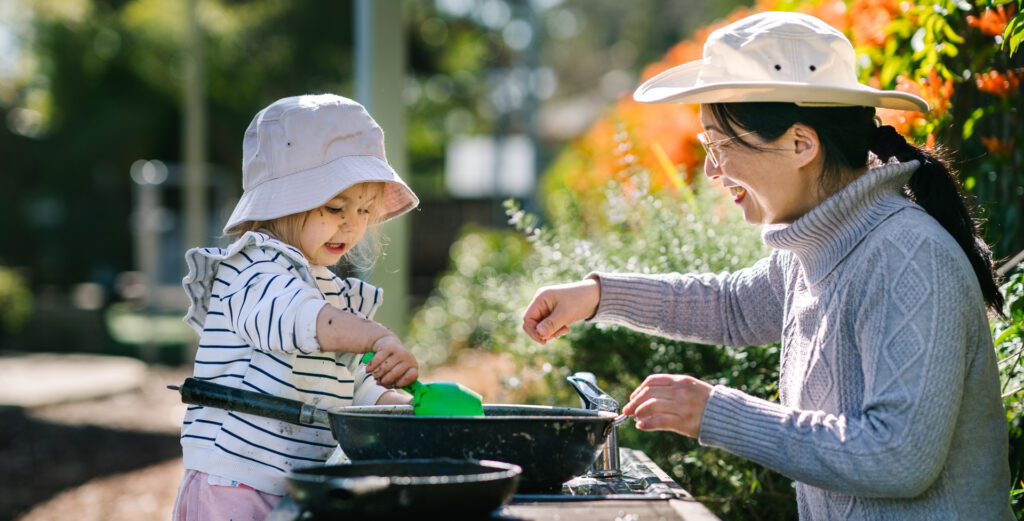
Attuning yourself to children's invitations for connection
Keran Elgie highlights how emotional wellbeing is supported by educators who are attuned to children in ways that make them feel seen, heard and valued.
By Keran Elgie, KU Learning and Development
February 2025
Increasingly, research highlights how the positive relationships we develop with children support and enhance their social and emotional development and learning. Children of different ages develop core social and emotional skills through their relationships and everyday experiences with others. Good relationships early in life help children to connect with others, build positive friendships, and support children to self-regulate their emotions.
Emotional wellbeing is the cornerstone of social development and is built from a sense of security, positivity, and respect. Positive social relationships with adults provide a child with a safe and reliable practice ground for learning social skills. Children take the skills that they have learned with adults into their relationships with each other.
Families and ‘significant others,’ including teachers and educators, are key to supporting children to develop a strong sense of emotional wellbeing, feelings of security, trust, and a positive self-identity. Secure attachments with educators allow children to grow in confidence and begin to build emotional resilience. This helps them to build the skills to become emotionally competent and to persist in the face of challenges.

It should be anticipated that all children entering an early childhood education service will need time to develop a sense of security to be able to engage with others. Educators are in a unique position to support children’s attachment needs through the relationships they develop with each child. They must view the world from the child’s point of view and respond in a dependable, consistent, and honest manner to support secure, respectful, and reciprocal relationships.
Educators support the development of building secure attachments when they attune themselves to children in a way that makes them feel seen, heard, and valued. Attunement requires adults to be fully present and in tune with a child’s emotional and physical needs. When you are attuned, you are emotionally available and responsive to what a child is communicating, verbally or non-verbally—whether it’s a facial expression, a change in tone, or body language.
By being present and mindful in everyday moments, spending time with children as individuals or within a group, talking and responding with interest to their conversations, listening with intent, acknowledging and naming emotions, joining in play and responding positively to their communication, educators demonstrate their availability to support children to feel understood and cared for. This makes children more likely to develop secure attachments and the skills to regulate their emotional states and successfully engage with their peers.
Attunement is a powerful tool that fosters connection, emotional growth, and resilience in children. By being present, responsive, and engaged, educators create a foundation of trust and security that will benefit children for years to come.
Want to know more?
To learn more about building positive relationships with children and the full range of KU Learning and Development courses and events, click the below button.
